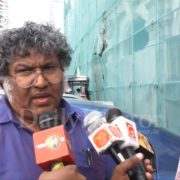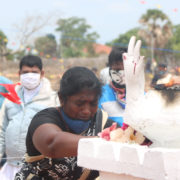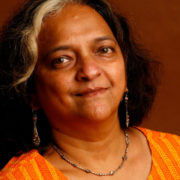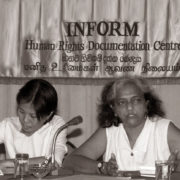DOWNLOAD FULL REPORT: ENGLISH | SINHALA | TAMIL |
Summary:
The three month period was marked by two significant events – the Parliamentary elections held on 17th August and the events related to Sri Lanka at the 30th session of the UN Human Rights Council in Geneva in September – October 2015.
At the elections, the defeat of former President Rajapakse and his allies was re-established when the United National Party led alliance swept into power. This was widely recognised as stepping stone to more democratic form of governance in the coming years.
The Centre for Monitoring Election Violence (CMEV) which INFORM is also part of, reported 856 election violence related incidents including 146 major incidents with 4 murders. At General elections held in 2010, total number of incidents reported was 414 incidents with 232 major incidents of election violence. The number of incidents reported is increased, though the major incidents of violence have been reduced. This context also needs to be recognized with the dynamics of a post-war society, where nationalist, racist ideologies were popularized with the censorship and sponsorship of the state under the previous regime. Though the regime has been changed, many of the politicians joined the hands with new national government.
The attention the shifted to Geneva – where the report of the Office of the High Commissioner for Human Rights (OHCHR) and the OHCHR Investigation on Sri Lanka (OISL) were released on 16th September, after having been deferred from March 2015, at the request of the new Sri Lankan government. The OHCHR and OISL reports highlighted widespread and systemic abuses by both parties to the conflict, continuing violations in 2015, widespread impunity and emphasized that despite positive changes in 2015, the Sri Lankan criminal justice system was incapable of ensuring accountability. Thus, a Special Hybrid Court with participation of international judges, prosecutors, lawyers and investigators was amongst the recommendations that was highlighted. A consensus resolution was adopted by the Human Rights Council, which the Sri Lankan government also co-sponsored. The resolution’s tone appeared to appease the new Sri Lankan government and didn’t give the same emphasis to serious allegations highlighted in the OHCHR – OISL reports. But the resolution contained some significant commitments by the Sri Lankan government towards human rights protection, even though the key OHCHR recommendation of establishment of a Special Hybrid Court was left in ambiguity.
As has been the trend, incidents of repression of dissent continued to be reported, especially from the Northern part of the country. But the number of incidents and the intensity was much less than in 2014 and years before. The period also saw some significant breakthroughs and arrests in relation to disappearance of journalist and cartoonist Prageeth Ekneligoda, with several military personnel being arrested. However, there was no progress in investigations, prosecutions and convictions for most cases of repression of dissent in last few years.





Comments